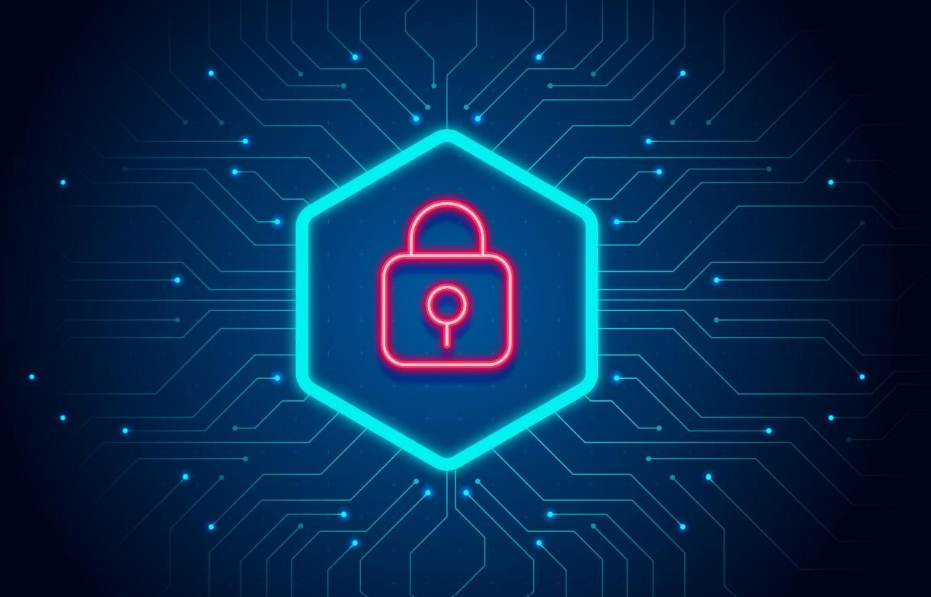I. Introduction
A. Importance of Cyber Security in Today’s Digital Age:
In today’s interconnected world, where virtually every aspect of our lives is influenced by technology, the importance of cyber security cannot be overstated. Cyber attacks have become increasingly sophisticated and prevalent, targeting individuals, businesses, and even governments worldwide. These attacks can result in devastating consequences, including financial loss, reputational damage, and compromise of sensitive information. As organizations continue to digitize their operations and store valuable data online, the need for robust cyber security measures has never been greater. Effective cyber security safeguards not only protect against cyber threats but also foster trust and confidence in digital systems and services, enabling individuals and organizations to operate securely in the digital landscape.
B. Overview of the Growing Demand for Cyber Security Professionals:
With the escalating frequency and severity of cyber attacks, there is a growing demand for skilled cyber security professionals to help organizations defend against evolving threats and vulnerabilities. According to industry reports, there is a significant shortage of cyber security talent globally, with millions of unfilled positions across various sectors. This shortage is expected to persist in the coming years as the demand for cyber security expertise continues to outpace supply. As a result, cyber security has emerged as one of the fastest-growing fields, offering lucrative career opportunities and pathways for professional growth. Whether you’re a recent graduate looking to enter the workforce or an experienced professional seeking to transition into a new field, a career in cyber security offers stability, job security, and the chance to make a meaningful impact in safeguarding digital assets and infrastructure.
C. Purpose of the Blog: Helping Readers Navigate Cyber Security Courses:
The purpose of this blog is to provide readers with a comprehensive guide to navigating the landscape of cyber security course. Whether you’re a student exploring educational opportunities or a working professional looking to upskill or reskill in cyber security, this blog aims to demystify the process of choosing the right course for your needs. We’ll cover everything from the basics of cyber security and the various types of courses available to factors to consider when selecting a program and tips for success in your cyber security education journey. By the end of this blog, our goal is to equip you with the knowledge and insights you need to make informed decisions and embark on a rewarding career path in cyber security.
II. Understanding Cyber Security
A. Definition and Scope of Cyber Security:
Cyber security, also known as information security, encompasses the practice of protecting computer systems, networks, data, and digital assets from unauthorized access, cyber attacks, and other security breaches. Its primary objective is to ensure the confidentiality, integrity, and availability of information and resources in the digital realm. Cyber security encompasses a broad range of disciplines, including network security, application security, cloud security, endpoint security, and data protection, among others. It involves the implementation of preventive, detective, and corrective measures to mitigate cyber risks and safeguard critical assets against cyber threats.
B. Key Concepts and Threats in Cyber Security:
Key concepts in cyber security include threat intelligence, risk management, vulnerability assessment, penetration testing, encryption, authentication, and incident response. Cyber threats can take various forms, ranging from malware and phishing attacks to ransomware, data breaches, and insider threats. These threats exploit vulnerabilities in systems, networks, and applications to gain unauthorized access, steal sensitive information, disrupt operations, or cause financial harm. Cyber security professionals must stay vigilant and proactive in identifying, analyzing, and mitigating these threats to protect against potential cyber attacks and security breaches.
C. Role of Cyber Security Professionals in Protecting Data and Systems:
Cyber security professionals play a critical role in safeguarding data and systems against cyber threats and vulnerabilities. Their responsibilities may include designing and implementing security controls, conducting risk assessments, monitoring for security incidents, and responding to cyber attacks in a timely and effective manner. They work closely with IT teams, management, and other stakeholders to develop and enforce security policies, procedures, and best practices. Additionally, cyber security professionals may engage in security awareness training, educating employees and users about the importance of cyber hygiene and best practices for mitigating cyber risks. Overall, cyber security professionals serve as the frontline defenders against cyber threats, helping organizations mitigate risks, protect assets, and maintain trust and confidence in their digital operations.
III. Types of Cyber Security Courses
A. Certificate Programs:
Certificate programs in cyber security are short-term, focused training programs that provide students with foundational knowledge and skills in specific areas of cyber security. These programs are designed for individuals looking to gain practical, hands-on experience in a relatively short period, typically ranging from a few weeks to several months. Certificate programs cover a wide range of topics, including network security, ethical hacking, digital forensics, cryptography, and security risk management. They are suitable for beginners or professionals seeking to specialize in a particular aspect of cyber security or enhance their existing skill set.
B. Diploma Courses:
Diploma courses in cyber security offer more comprehensive and in-depth training compared to certificate programs. These courses typically span one to two years and provide students with a thorough understanding of core cyber security principles, techniques, and technologies. Diploma programs cover a broad range of topics, including computer networks, information security management, cyber defense strategies, incident response, and legal and ethical issues in cyber security. They often include practical lab exercises, real-world case studies, and hands-on projects to reinforce learning and develop practical skills relevant to the cyber security field.
C. Online vs. In-person Courses:
Cyber security course are offered in both online and in-person formats, providing students with flexibility in terms of learning modalities and delivery methods. Online courses offer the convenience of self-paced learning, allowing students to access course materials, lectures, and assignments from anywhere with an internet connection. They are suitable for individuals with busy schedules or those unable to attend traditional in-person classes. In-person courses, on the other hand, provide students with face-to-face interaction with instructors and peers, as well as access to hands-on labs and networking opportunities.
VI. Conclusion
A. Recap of Key Points Discussed in the Blog
Throughout this blog, we’ve explored essential strategies for success in cyber security course, covering various aspects crucial for aspiring professionals in this dynamic field.
We began by emphasizing the importance of developing technical skills and knowledge, focusing on fundamental concepts, practical experience, and continuous learning. Building a strong network within the cyber security community was highlighted as a vital step, involving joining professional organizations, engaging in online communities, and attending industry events.
Staying updated with emerging technologies and threats emerged as a critical factor, with suggestions to follow industry news, engage in research, and pursue specialized training. Finally, we discussed the significance of pursuing internships and hands-on experience opportunities, including seeking internships, volunteering for projects, and participating in capture-the-flag (CTF) competitions.
B. Encouragement for Readers to Explore Cyber Security Courses
For readers considering a career in cyber security, exploring cyber security course is a proactive step towards acquiring the knowledge and skills necessary for success in this rapidly evolving field. With the increasing frequency and sophistication of cyber threats, there has never been a greater demand for skilled professionals capable of safeguarding digital assets and infrastructure.
Moreover, cyber security course offer the flexibility to accommodate individuals at various stages of their careers, whether you’re a student exploring future career paths, a professional seeking to transition into cyber security, or an experienced practitioner looking to upskill and stay updated with the latest trends.
C. Final Thoughts on the Importance of Cyber Security Education
In today’s interconnected world, where digital transformation is reshaping industries and societies, cyber security education plays a pivotal role in safeguarding sensitive information, protecting privacy, and preserving trust in digital technologies. Cyber security professionals serve as the frontline defenders against cyber threats, playing a critical role in ensuring the resilience and security of digital ecosystems.
In conclusion, I encourage you to take the first step towards your cyber security journey by exploring cyber security course, seizing opportunities for learning and growth, and joining a community of passionate professionals dedicated to making a difference in the field of cyber security. Together, we can work towards a more secure and resilient cyber landscape for generations to come.



